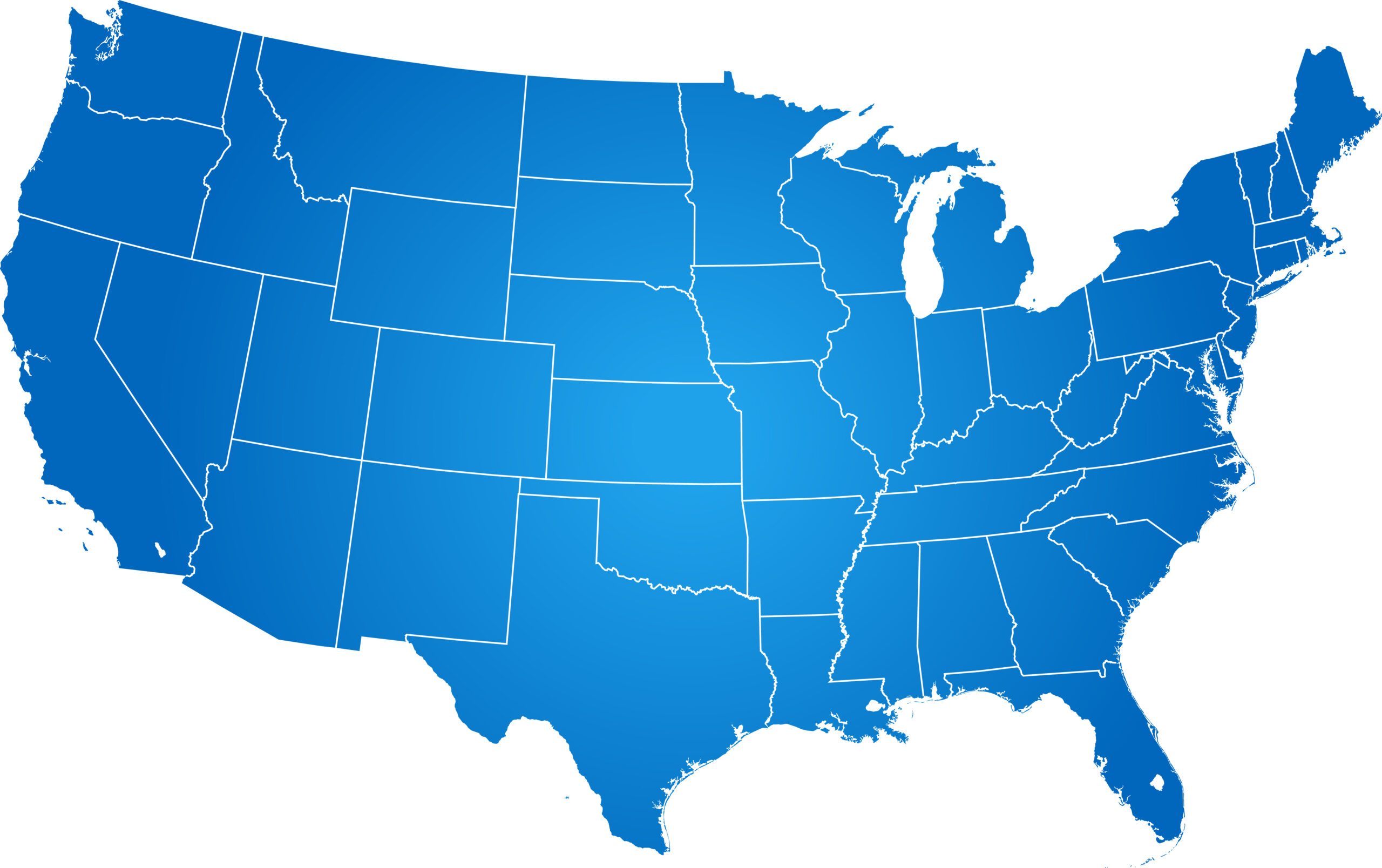Patents, Broadband, Privacy: Now That The Election’s Over, Can We Talk About Tech Policy?
It was the conversation that never happened: We somehow spent $2 billion on a presidential election but forgot to talk about tech policy.
In the three debates, the topic only surfaced once in any detail: a brief and under-illuminating exchange about outsourced manufacturing between Mitt Romney and Barack Obama. Before and after, neither candidate seemed interested in raising this issue. The most detailed statements of each may have been the letters they sent to the NY Tech Meetup group in October; Romney’s one-pager barely mentioned anything tech-specific, while Obama’s longer response said far more about first-term accomplishments than second-term goals.
Since the election, technology has been largely confined to stories about the campaigns’ use of it–successful on Obama’s side, an epic failure on Romney’s–to find and turn out voters.
All that leaves considerable uncertainty (note: GOP keyword!) about some key areas of tech policy.
* Patents. No one in the tech industry seems exempt from the risk of a surprise patent suit, not even companies that have won some of the industry’s biggest patent victories (pending years of appeals). But you’d never know that from the statements of either campaign. Proposed legislation such as this year’s SHIELD Act could marginally raise the cost of patent-trolling behavior, but it looks like the best hopes for serious patent reform lie in the Supreme Court hitting the undo command on some of the past overreach of the patent-hugging Court of Appeals for the Federal Circuit.
Where’s a little judicial activism when you need it? Without it, it seems that the only guaranteed relief is the slow decay of aging patents. Better-financed incumbents will continue to stockpile defensive patents (that sometimes turn offensive), while smaller firms and startups will either have to follow suit or hope their luck holds.
* Broadband. Our Internet connections are getting faster but fewer. Industry mergers and cozy cooperative deals like Verizon and Comcast’s joint marketing ventures keep reducing many Americans’ choices for high-speed access–and leaving others without any hope of something faster than DSL.
It’s a massive failure of the promise of the Telecommunications Act of 1996, and it’s gotten little attention in the media and even less in the campaign. In most cases where customers can’t fire companies that provide bad service, we wind up with government regulation. Is this one? Or can public shaming suffice to curb excesses like Comcast’s venture into suppressing BitTorrent use?
The FCC’s National Broadband Plan aims to open this market back up a bit by freeing up wireless spectrum for broadband use, but that looks unlikely to solve the competition problem soon. In lieu of effective competition, developers of data-hungry mobile apps and services have to worry about data caps and less obvious restrictions (for example, briefly tying the use of a bundled app to certain service plans).
* Privacy. The idea that people can protect their privacy with a careful reading of the policies and terms-of-use documents of sites and services is working out as well as the notion that anybody can do their taxes with enough time and a calculator. As privacy laws have gone stale, the Federal Trade Commission has tried to step up by holding companies accountable–even those as big as Facebook and Google–for misleading customers about their privacy rights.
In a PR and financial sense, you can score that as a success–the FTC has been levying enough in fines that it may wind up as a positive line item in the federal budget. These actions have sent a clear message: do what you say you will with your users’ data, with no altering the bargain later on. But they’re not as effective in suggesting what companies should do about such emerging norms as Do Not Track preferences.
The FTC also can’t do anything when the government itself uses the tools of the digital age to snoop on us, whether through electronic surveillance (especially when done under secretive National Security Letters), border searches of laptops or drone surveillance. The courts could do something about that but so far have held back–ruling, for instance, that while the feds can’t attach a GPS tracker to your car without a warrant, it might be just fine if they asked your wireless carrier to hand over its records of your whereabouts.
It’s possible that we’ll muddle through in all of these areas; court rulings, public opinion and regulatory action could all wind up herding things in the right direction. But if we could find time over the past year to argue about fake issues like a president’s minimal power to move the price of gas, why didn’t we ever get around to talking about these things that actually matter?








